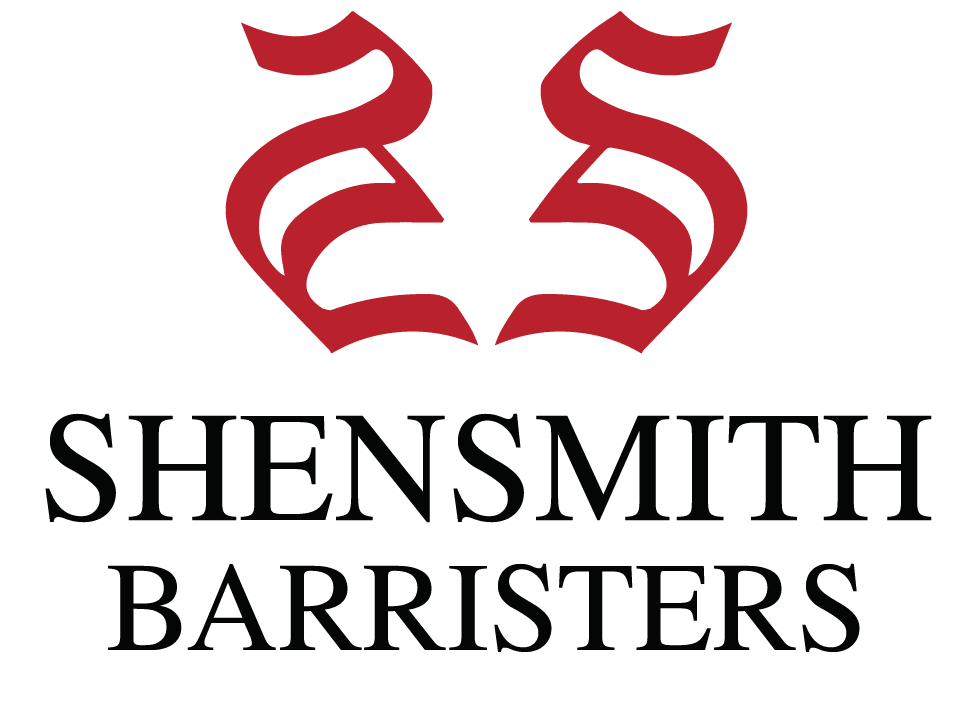http://www.youtube.com/watch?v=-navnWEm8fo
Transcript: Hello, I am Isabelle Parasram, an employment law specialist working for ShenSmith Barristers. Hopefully, if you’ve got an employment law query, your case will be referred to me or somebody like me. I’ll be able to give you some advice, over the phone, 15 minutes pro bono advice in order to give you steerage on your case. I’ve been asked to speak today about the idea of references and what they should contain. It might surprise you as a business owner to hear that the trend for references these days is to move towards what’s called a ‘factual reference’. What that means is a reference that simply states the job title of the person, their name, possibly their date of birth and the period during which they worked – beginning to end. There is often no mention of how they left the company, what their performance was like, sickness records or anything like that. Where you’ve got a specialist education reference, you will have to comment on safeguarding concerns and other specific questions that are asked in education references; but for the purposes for this discussion, I am speaking really more broadly about general business references. Why have we moved towards the idea of giving such bland references? Well, the reason is that if you provide a reference that is not objective and cannot be proved by external facts, then, it’s possible that you could face a claim of negligence, not only by the person about whom you provided a reference, but by the new employer. So for example, if I had a member of staff who I had seen drinking alcohol on a number of occasions and I decided to dismiss them for gross misconduct; that person might say, “Well, how is this proved? Where is the evidence?”. It might well have been I dismissed that person after they’d been employed just a few months, and therefore, did not necessarily have to follow the strict guideline in terms of discipline, grievances and the strict procedures in terms of meetings. That could land me, as an employer in very sticky waters. So what we advise now is that employers should stick to the facts can be proved, which is simply the ones I outlined including job title, date etc. It means that you are safe from future litigation, but it also means you then don’t have to provide lengthy references that take up your staff time in terms of being able to substantiate things you say within the reference. I hope that has been helpful, if you want further advice, do contact ShenSmith Barristers either by phoning us or contacting us through our website. Thank you. Isabelle Parasram – Employment law barrister
